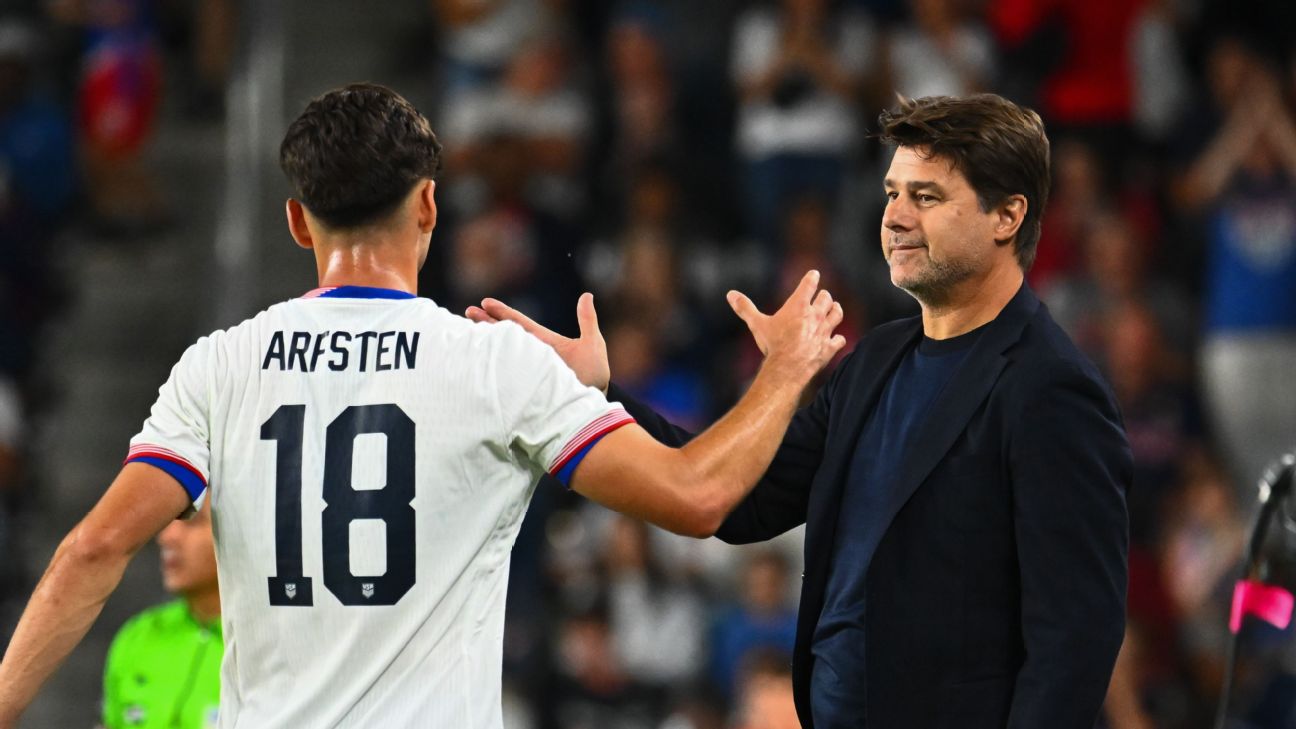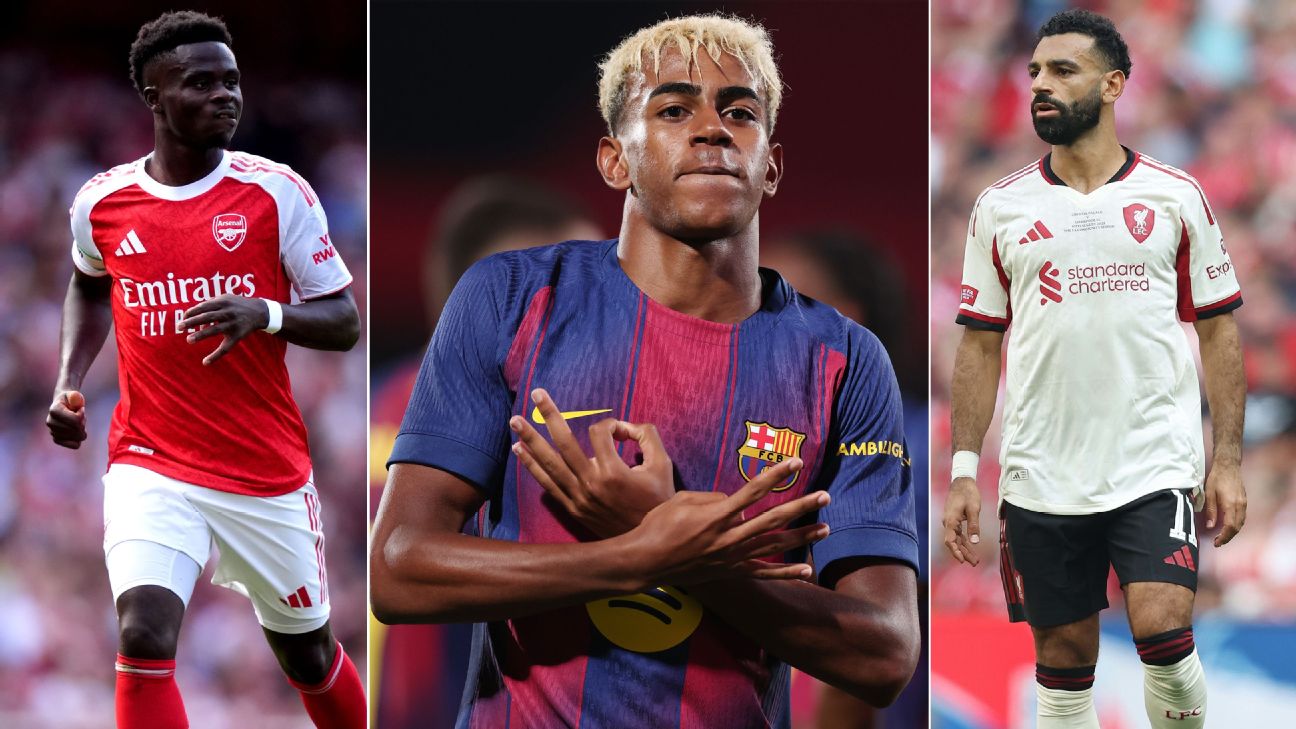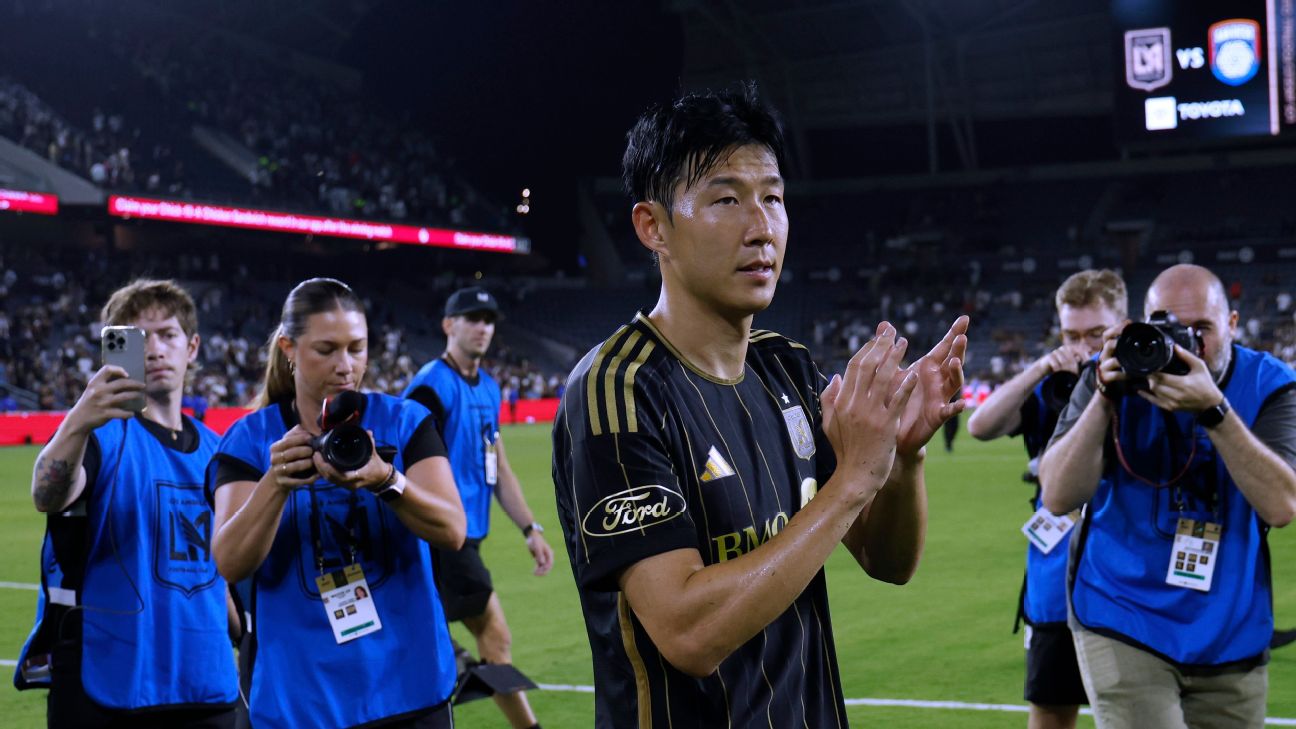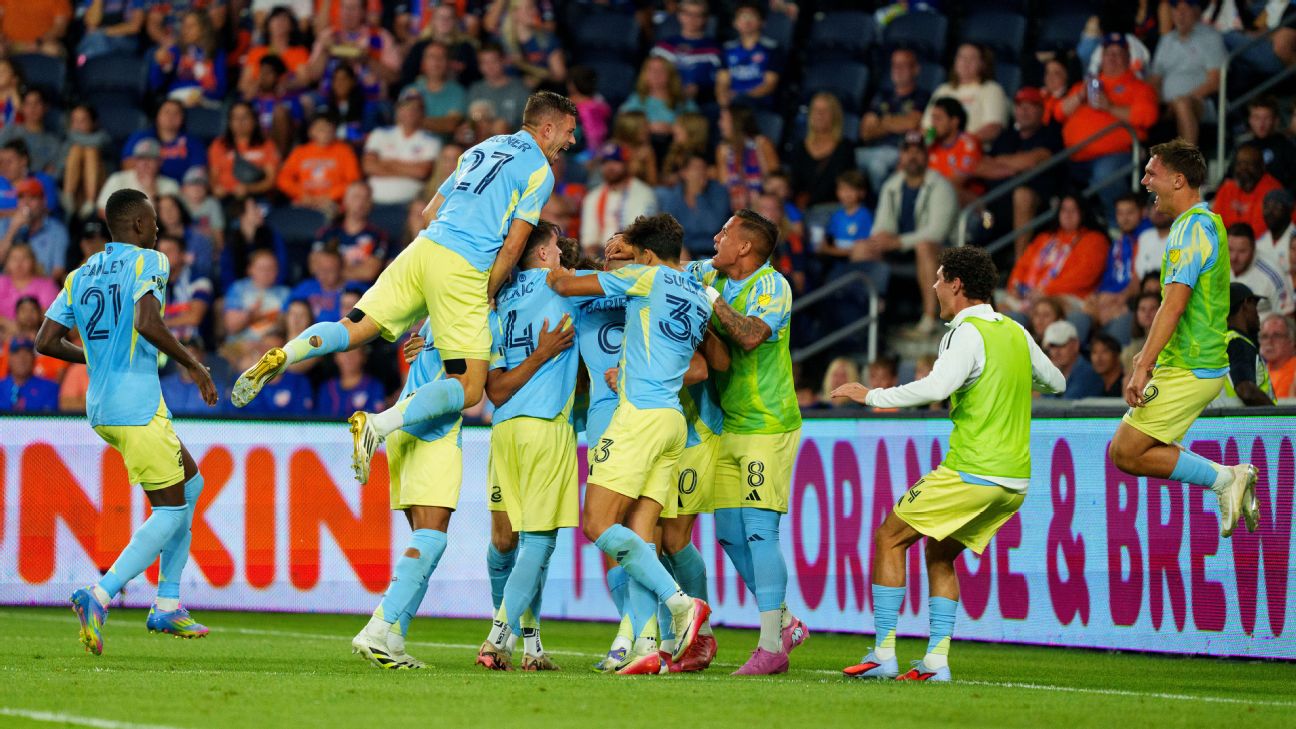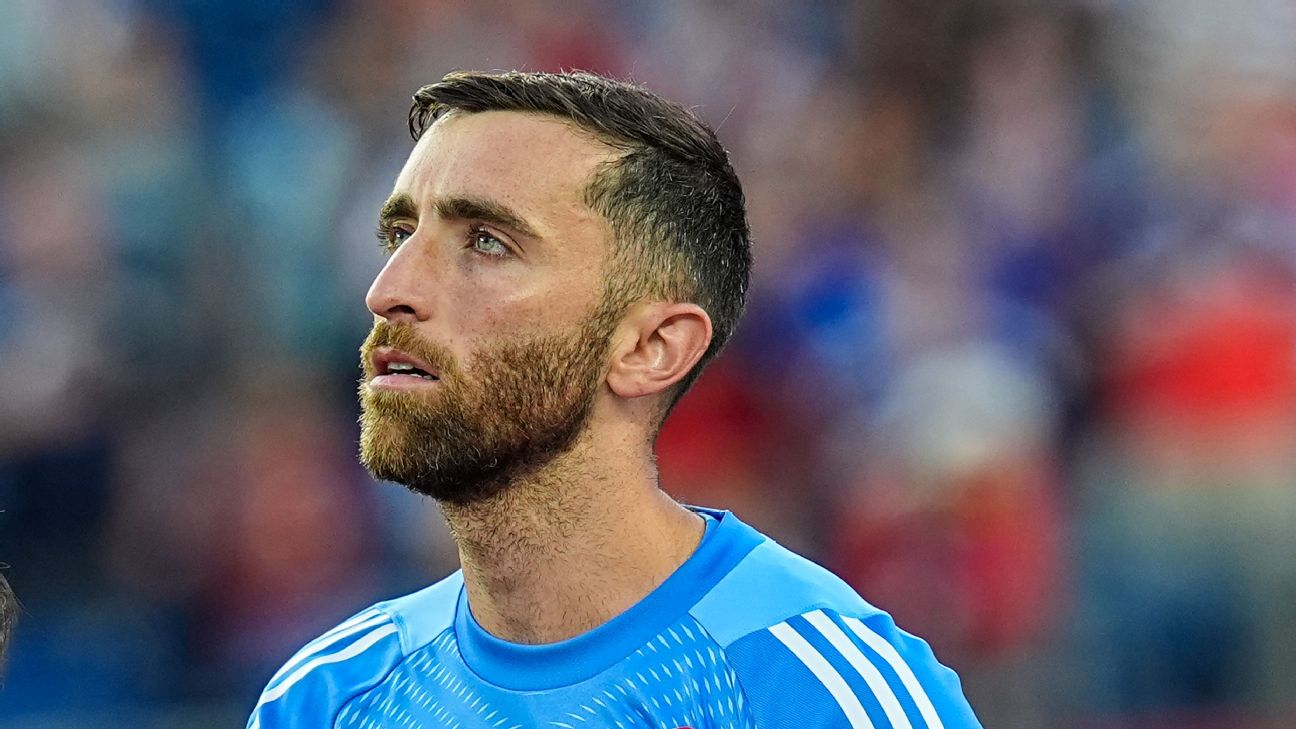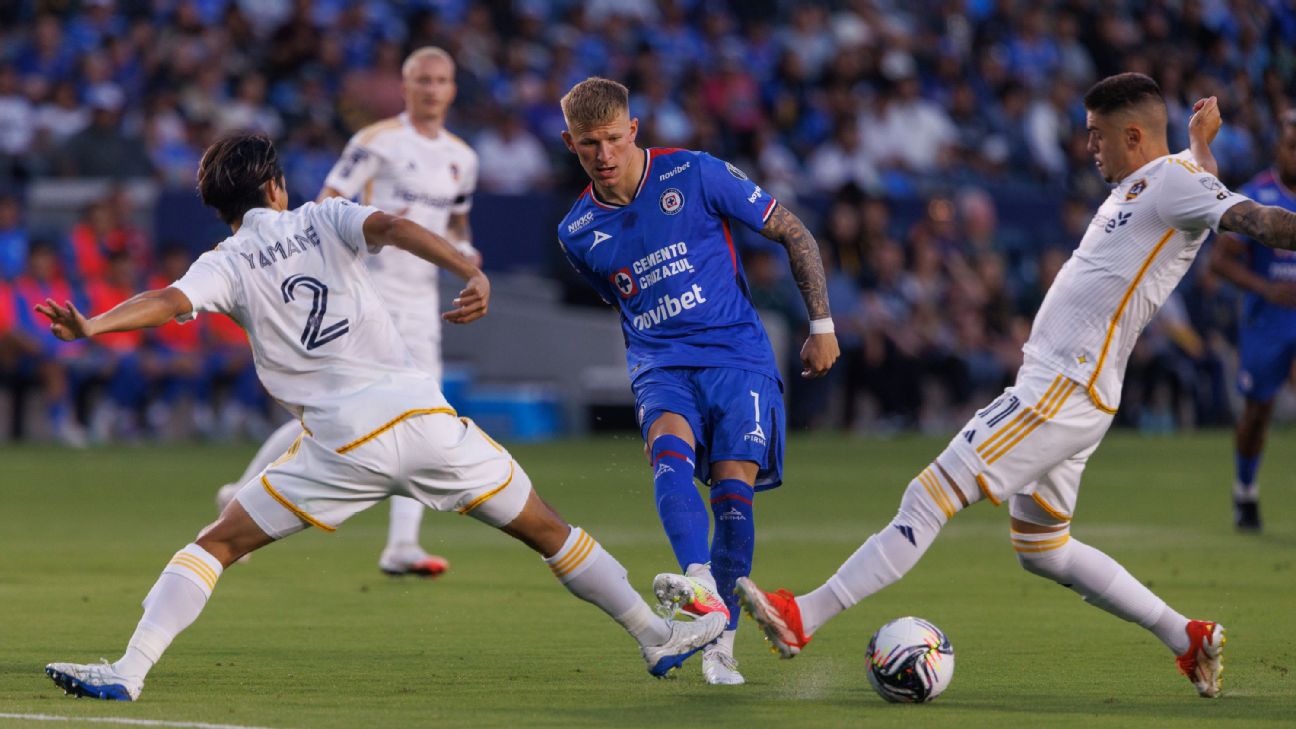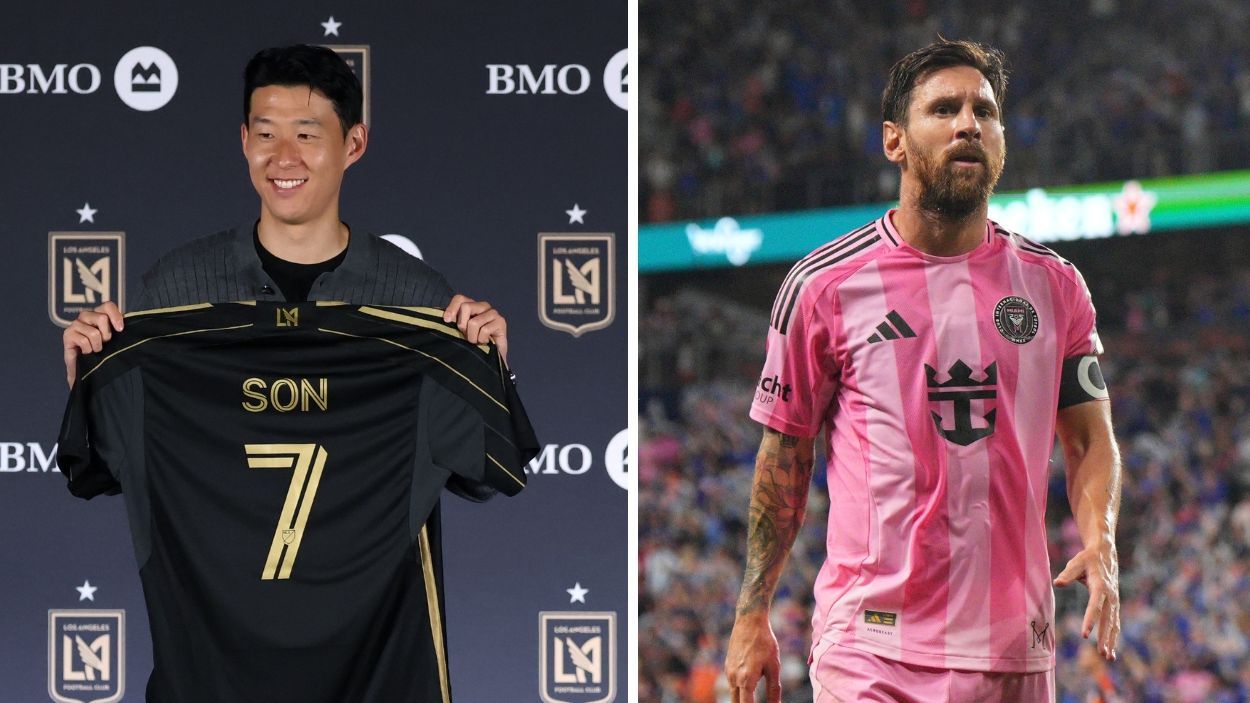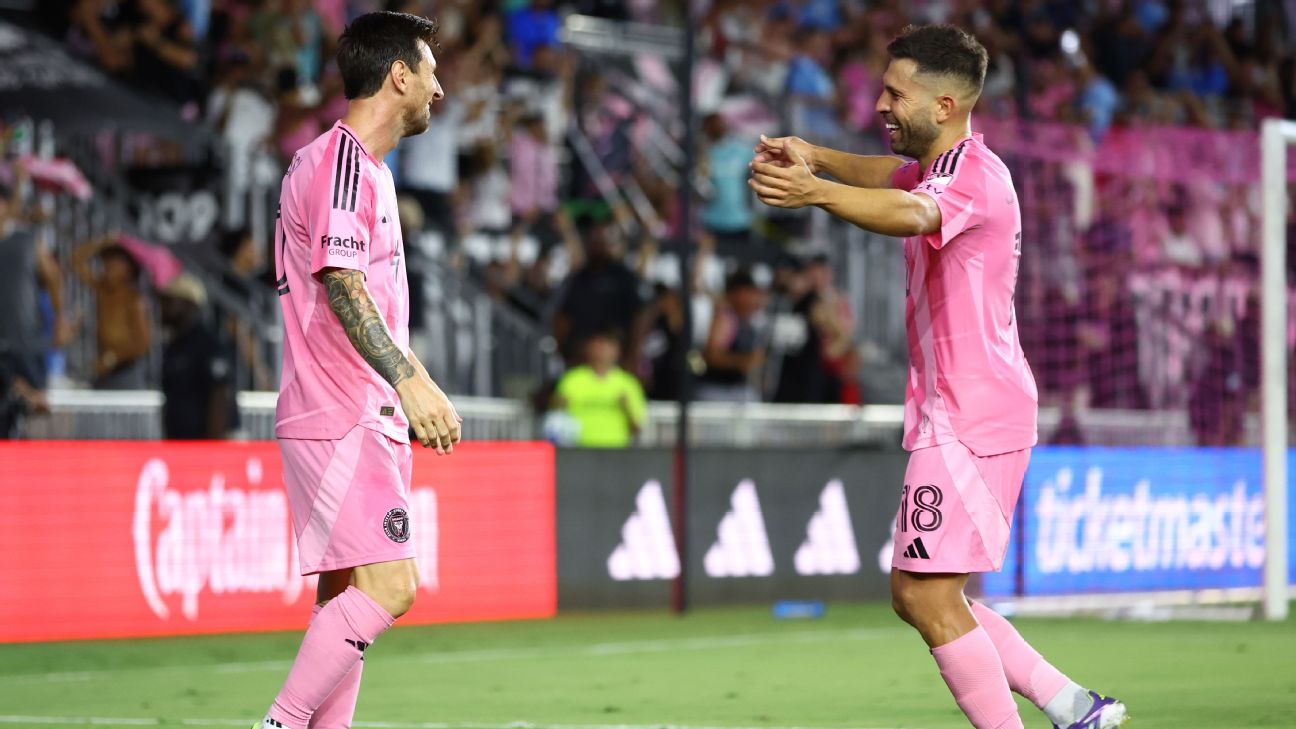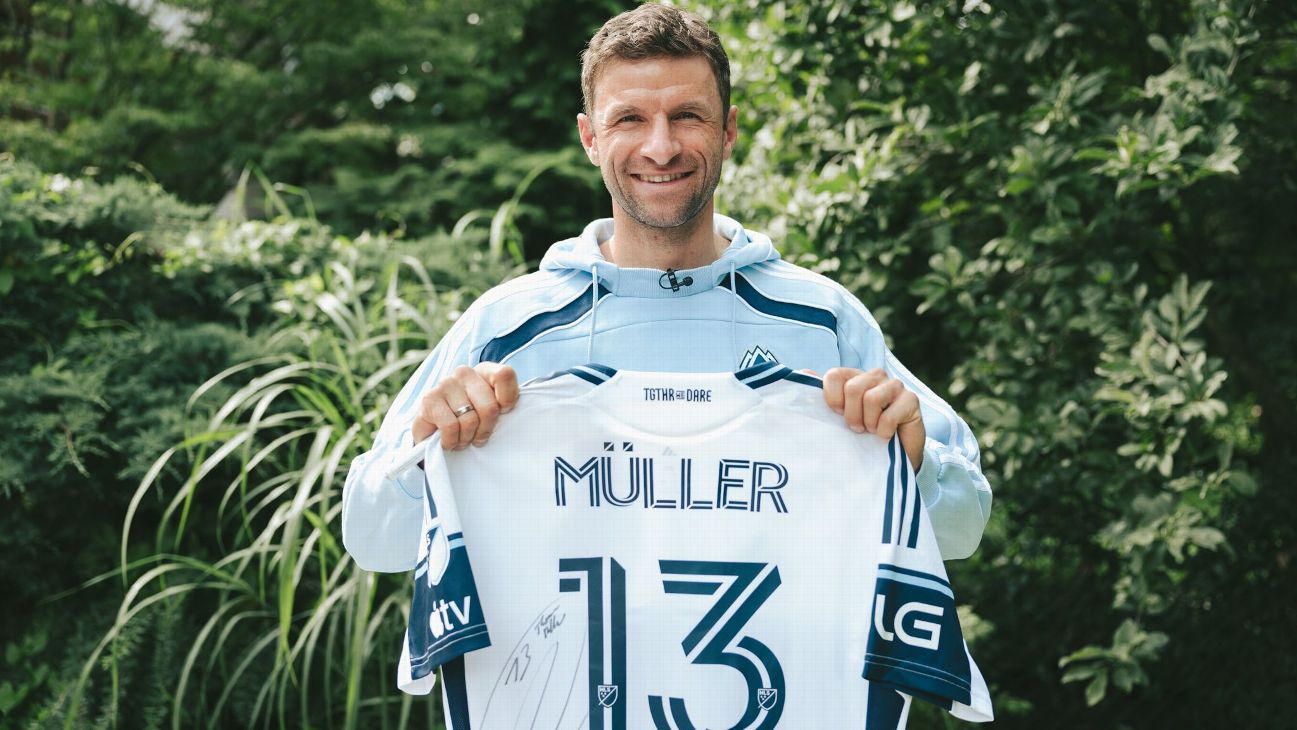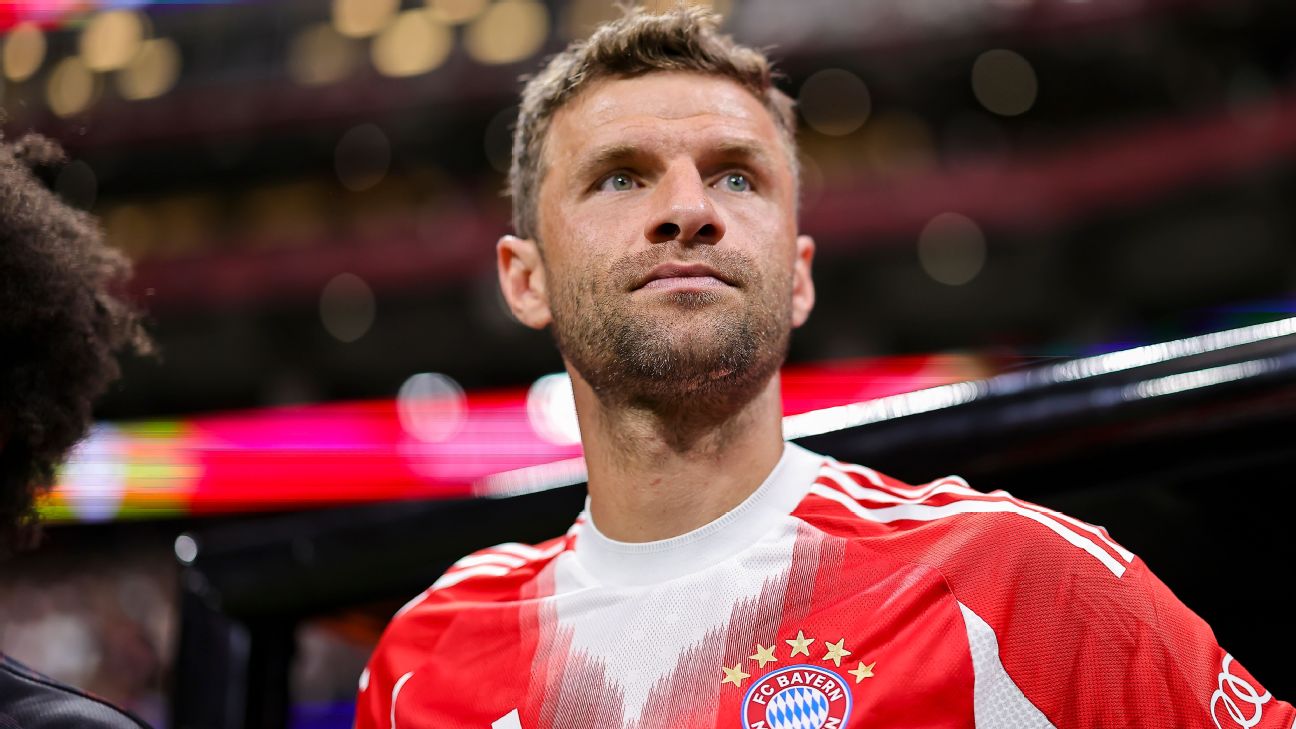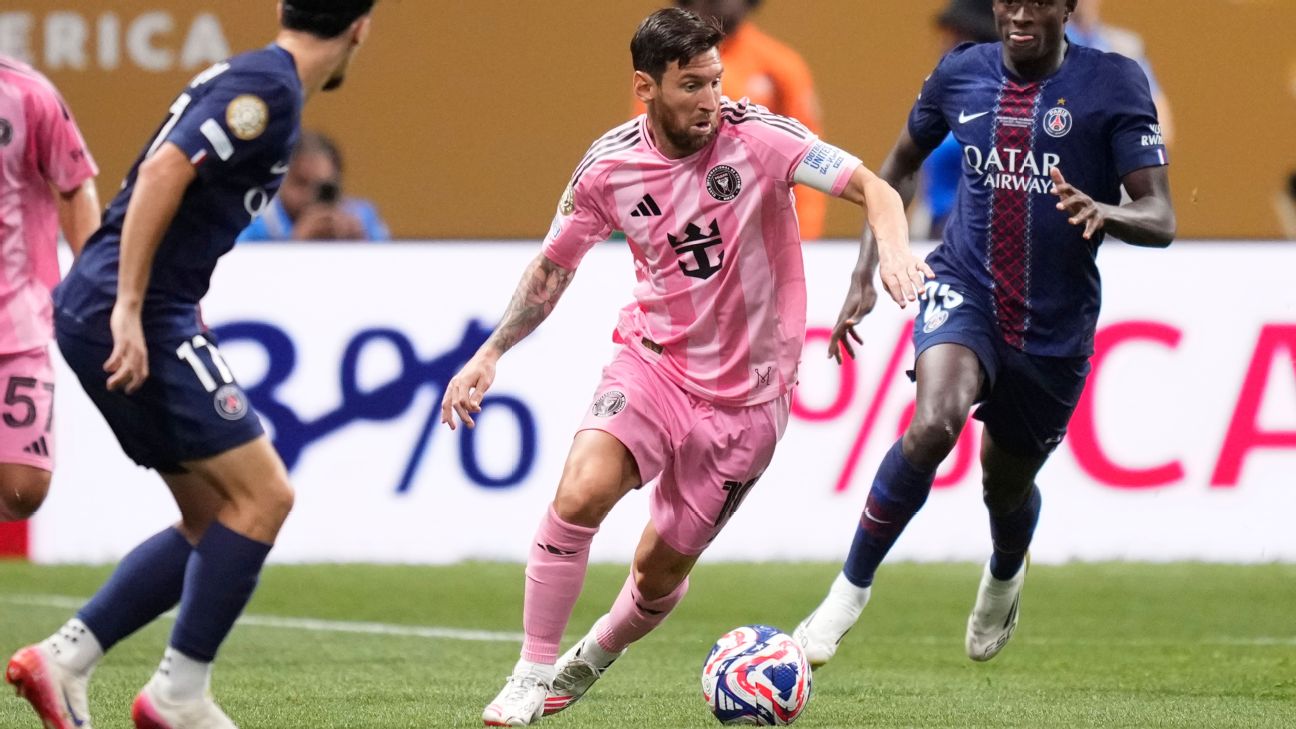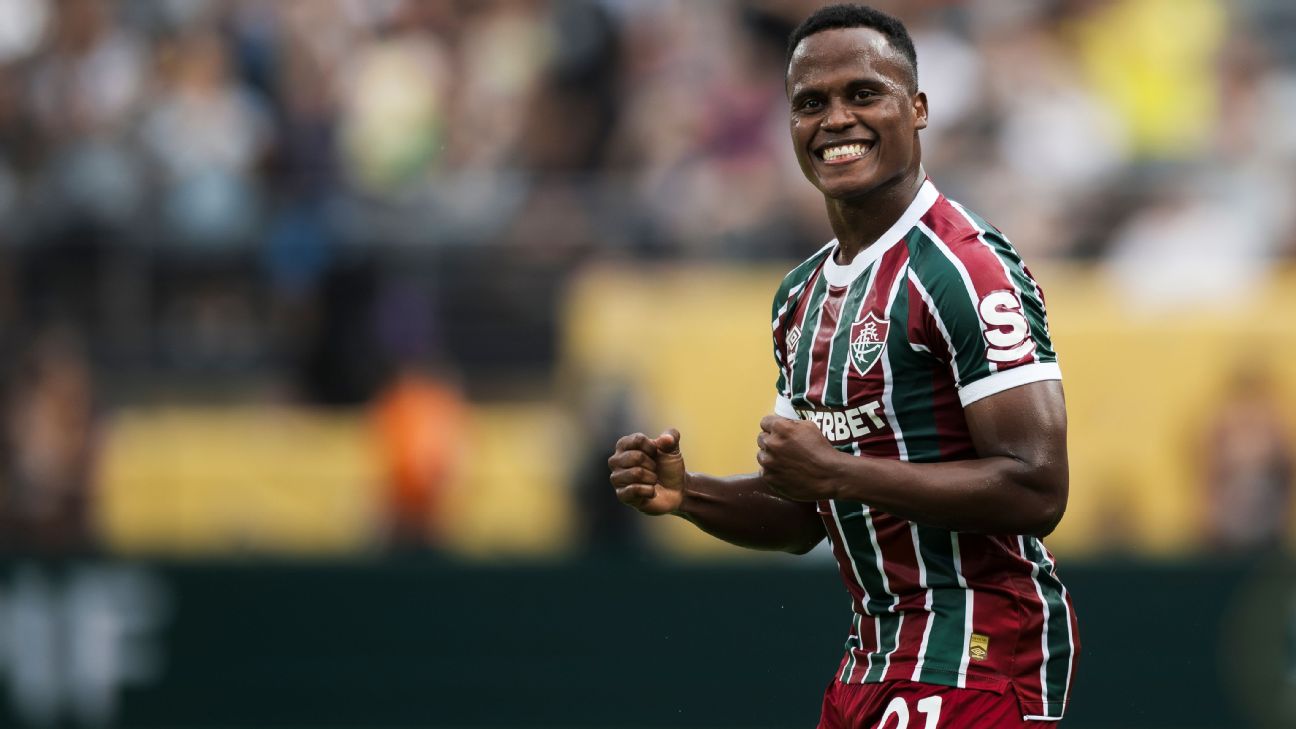Strategic Rest: How Inter Miami's Messi Management Drives Club World Cup Success
Discover how Inter Miami strategically rests Lionel Messi to maximize his impact in crucial tournaments like the Club World Cup.
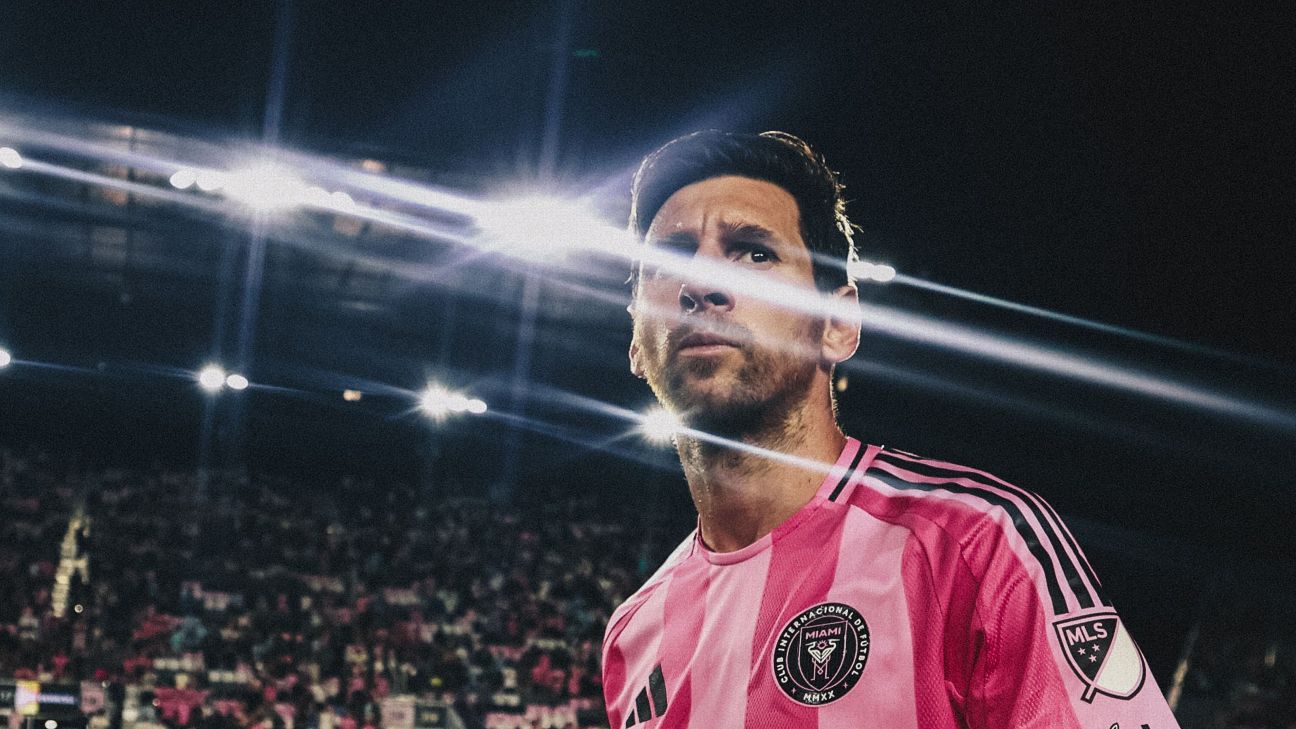
Throughout the 2024 Major League Soccer season, Inter Miami captain Lionel Messi played in only 55% of available games. Despite this limited participation, Messi led the club to the Supporters' Shield and an MLS points record, earning the league MVP title. His performance in just 19 games (1,485 minutes) included 20 goals and 16 assists, proving his invaluable contribution.
Former Inter Miami manager Gerardo "Tata" Martino quickly realized the importance of resting the 37-year-old Messi when necessary, ensuring his peak performance during critical matches. According to ESPN Research, teams historically need to win only about a third of their regular-season matches to qualify for the playoffs. New head coach Javier Mascherano has continued this strategy, emphasizing the importance of knockout phases in continental leagues.
"The MLS season allows you to fail in certain games -- the knockout phase of a continental league doesn't; it means you're out," Mascherano said earlier this season, referring to the Concacaf Champions Cup. "But the CCC playoffs prepare you for what's coming in October with the playoffs. In the end, the MLS is a long season that ultimately boils down to a continental cup where knockout phases are the norm, and in the end, you can't fail."
As Miami prepares for the Club World Cup, the club has been saving its best player for when it really needs him. Winning as many games as possible isn't necessary for a successful season in MLS; it's about winning the right games. The Club World Cup, the Concacaf Champions Cup, and the Leagues Cup are knockout games in which Inter Miami ensures Messi's participation if possible. The MLS playoffs are equally crucial.
However, the MLS regular season is different. Unlike Messi's former leagues LaLiga and Ligue 1, consistent success throughout the season and first place in the table does not equate to the trophy in MLS. Instead, the U.S. league features a playoff system where the top seven teams from two divisions at the end of the regular season directly qualify for the postseason tournament.
In the newly revised MLS rules, slots eight and nine on each conference table compete in a one-game series for the last spot in the playoffs. Each conference has 15 teams, meaning more than half of the teams in MLS make the postseason. In the past two years, teams that accumulated between 40-45 points throughout the season managed to qualify for the playoffs as the last seeds.
Mascherano highlights the forgiving nature of the format, allowing teams to lose several matches without negatively impacting their playoff chances. Atlanta United, for example, qualified for the postseason with a 10-10-14 (W-D-L) record in 2024 and went on to eliminate Miami, the Eastern Conference leaders and Supporters' Shield winners, in the first round.
The league incentivizes teams to conclude the regular season in the top slots to secure home-field advantage and compete for the Supporters' Shield. However, once they qualify for the playoffs, anything can happen. In 2023, Martino rested Messi for inconsequential matches, reserving him for critical games. This strategy continued into 2024, with Messi missing 25% of his available MLS regular-season matches to rest.
As the 2025 season progresses, Messi has played 73% of the available minutes with Inter Miami in MLS, compared to 86% in the Concacaf Champions Cup. This careful management ensures Messi's readiness for high-stakes tournaments like the Club World Cup. Mascherano emphasizes the importance of rest and load management, especially given Messi's age and the demanding schedule.
"Rest is very important nowadays. As we get older, everything is more difficult," Messi said last year. "I know that as soon as I believe that I can no longer perform, or no longer enjoy the game, or am not able to help my teammates, then I will stop."
Strategic rest and skipping fewer important MLS games have been key to Messi's ability to help his teammates when it counts. As the Club World Cup begins, a similar pattern may emerge, ensuring Messi's peak performance in the most crucial matches.













